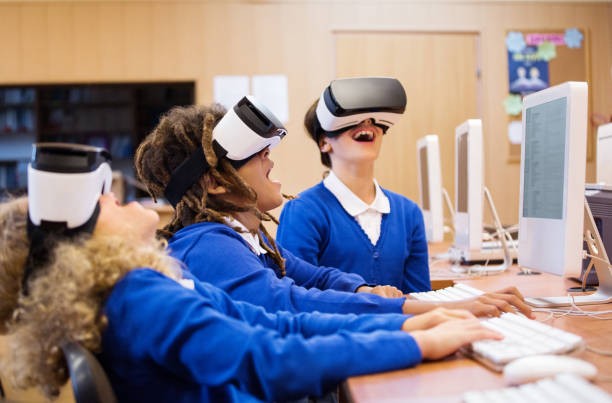
The landscape of education is continually evolving, and as we step into 2023, the sector is witnessing transformative changes driven by technological advancements, pedagogical innovations, and a global shift in priorities. In this article, we will explore the key trends shaping education in 2023 and their implications for students, educators, and institutions.
Table of Contents
ToggleDigital Transformation:
The COVID-19 pandemic accelerated the adoption of digital technologies in education, and in 2023, the trend continues to reshape the way students learn. Online learning platforms, virtual classrooms, and interactive educational tools are becoming increasingly prevalent, providing students with flexible and accessible learning opportunities. Institutions are investing in robust digital infrastructures to ensure a seamless transition between in-person and online modes of instruction.
Personalized Learning:
Education in 2023 is moving away from the one-size-fits-all model toward personalized learning experiences. Adaptive learning platforms, artificial intelligence, and data analytics enable educators to tailor instruction to individual student needs, fostering a more customized and effective learning journey. This approach not only enhances student engagement but also addresses diverse learning styles and paces.
Emphasis on Soft Skills:
Beyond academic achievement, there is a growing recognition of the importance of soft skills in preparing students for the future workforce. Educational institutions are placing a greater emphasis on fostering skills such as critical thinking, creativity, communication, and collaboration. Curricula are evolving to incorporate real-world problem-solving scenarios, project-based learning, and opportunities for students to develop a well-rounded skill set.
Global Collaboration and Cultural Competence:
The interconnected nature of our world demands that students develop a global perspective and cultural competence. Collaborative projects, virtual exchange programs, and international partnerships are on the rise, allowing students to engage with peers from different parts of the world. This not only enriches their educational experience but also prepares them for a globalized workforce.
Focus on Mental Health and Well-being:
Recognizing the impact of education on mental health, there is a growing commitment to creating supportive and inclusive learning environments. Schools and universities are implementing initiatives to address mental health challenges, providing resources, counseling services, and fostering a culture of well-being. The integration of mindfulness practices and social-emotional learning into the curriculum is becoming more common.
Hybrid and Blended Learning Models:
Hybrid learning, combining in-person and online elements, has become a standard practice in education. This flexible approach allows students to benefit from the advantages of both traditional and digital learning methods. Institutions are refining their hybrid models to optimize student engagement, collaboration, and the use of technology to enhance learning outcomes.
Lifelong Learning and Continuous Skill Development:
The rapid pace of technological advancements requires individuals to embrace a mindset of lifelong learning. In 2023, educational institutions are promoting continuous skill development, offering short-term courses, micro-credentials, and other flexible learning options. This adaptability is crucial for individuals to stay relevant in a dynamic and evolving job market.
Conclusion:
As we embark on the educational journey of 2023, these trends signify a shift towards a more dynamic, inclusive, and technologically advanced learning environment. The focus on personalized learning, soft skills development, global collaboration, and well-being reflects a holistic approach to education that prepares students not only for academic success but also for the challenges and opportunities of the future. It is an exciting time for education, where innovation and adaptability are key drivers of positive change.







